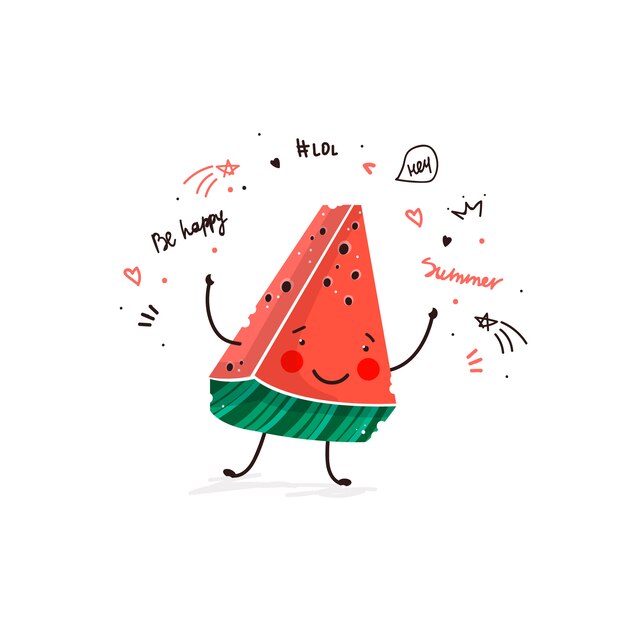Interesting Facts About Watermelon

Did you know that watermelons are made up of 92% water?
Watermelons were originally found in the Kalahari Desert in Africa.
The largest watermelon ever grown weighed over 350 pounds!
Watermelon is not just a fruit, it is also considered a vegetable.
The rind of a watermelon is actually edible.
Watermelons are a great source of hydration, especially during hot summer months.
Watermelon is a member of the cucurbitaceae family, which also includes cucumbers and pumpkins.
The red pigment in watermelon, called lycopene, is a powerful antioxidant.
Watermelon is low in calories but high in vitamins A and C.
The first recorded watermelon harvest occurred around 5,000 years ago in Egypt.
The earliest depictions of watermelons can be found in ancient Egyptian hieroglyphics.
Watermelons can come in a variety of colors, including yellow, orange, and white.
Some varieties of watermelon have black seeds, while others are seedless.
Watermelon is considered a cooling fruit in traditional Chinese medicine.
The average American consumes about 15 pounds of watermelon each year.
Watermelon seeds are a popular snack in many Asian countries.
The Japanese have developed square-shaped watermelons by growing them in glass boxes.
Watermelons are 92% water, making them a great option for staying hydrated.
A watermelon consists of around 6% sugar on average.
Watermelon plants belong to the same family as pumpkins, cucumbers, and squash.
Interesting Facts About Watermelon part 2
Watermelons contain an amino acid called citrulline, which helps relax blood vessels.
The rind of a watermelon can be pickled and used in various recipes.
The largest concentration of watermelon farms in the United States is in Florida.
Watermelon is the official state vegetable of Oklahoma.
The watermelon festival in Cordele, Georgia, is known as the Watermelon Capital of the World.
Watermelon seeds can be roasted and eaten as a healthy snack.
Watermelon is a great source of vitamins A, B6, and C.
China produces more watermelons than any other country in the world.
The world record for the fastest time to eat a watermelon is 53.15 seconds.
Watermelon is a natural diuretic, which means it helps promote urination.
Watermelon juice can be used as a natural remedy for kidney stones.
A study found that watermelon juice helped reduce muscle soreness after exercise.
Watermelon is an excellent source of the antioxidant vitamin C.
A watermelon can float in water due to its high water content.
The watermelon’s scientific name is Citrullus lanatus.
The word watermelon is believed to have originated from the Persian word tarbuz meaning melon.
The heaviest watermelon ever grown weighed over 350 pounds!
Watermelon seeds were found in the tomb of King Tutankhamun in ancient Egypt.
Watermelon is a popular ingredient in fruit salads and smoothies.
The watermelon festival in Luling, Texas, features activities like watermelon seed spitting contests.
Some watermelon varieties have yellow or orange flesh instead of the typical red.
Watermelon is a rich source of the amino acid arginine, which is important for heart health.
Watermelon is best stored at room temperature until it is cut, and then it should be refrigerated.
In ancient times, watermelons were often used as water containers.
Watermelon is a refreshing, juicy fruit that is loved by people of all ages!

